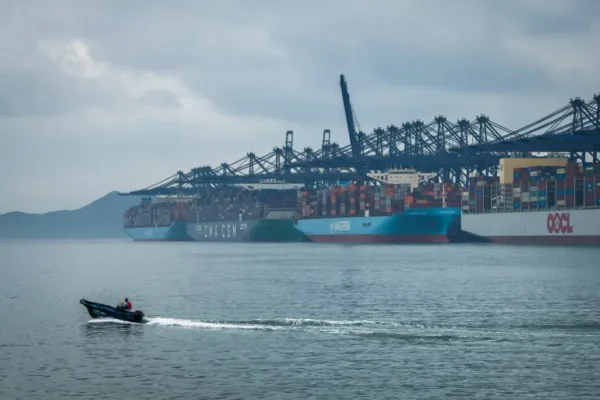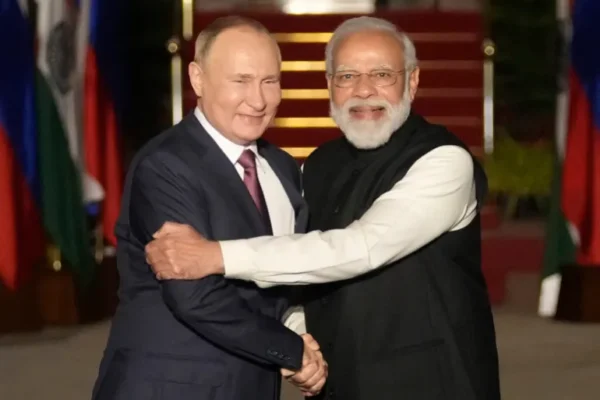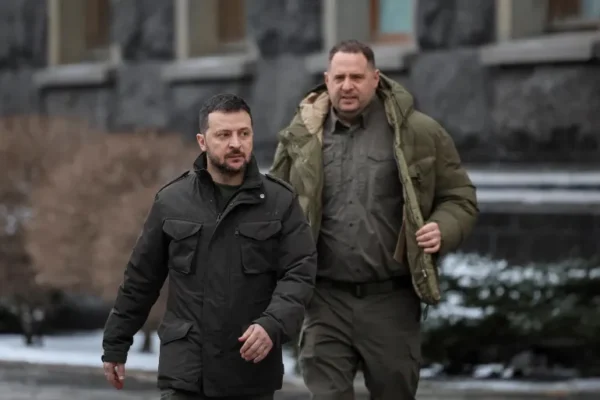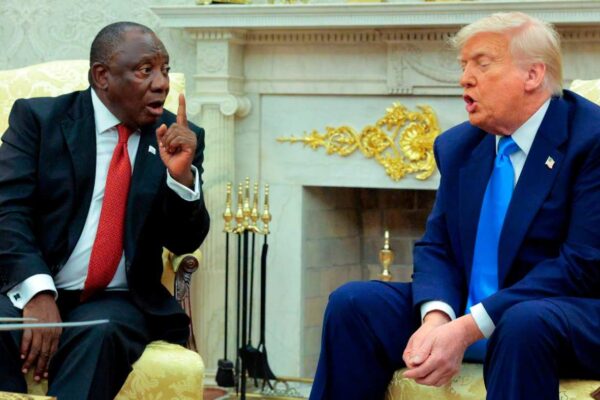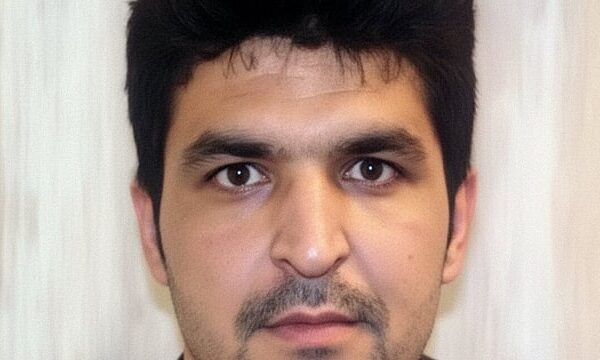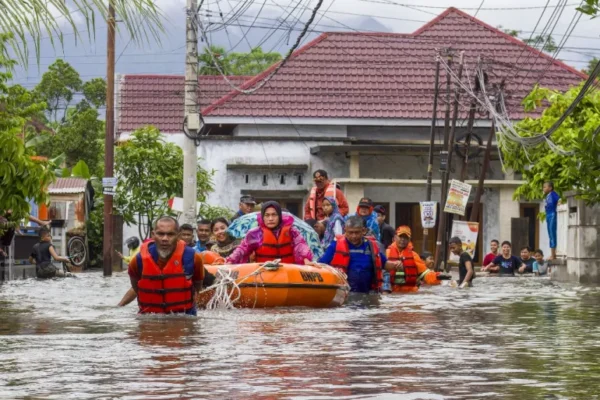
Son Of Rob And Michele Reiner Arrested After Parents Found Dead In Los Angeles Home
Nick Reiner, 32, the son of renowned film director Rob Reiner and Michele Singer Reiner, has been arrested on suspicion of murder following the deaths of his parents at their Los Angeles home. The Los Angeles Police Department confirmed on Monday that Nick Reiner is in custody without bail. Sources told CBS News that the couple’s 28-year-old daughter, Romy, discovered Rob, 78, and Michele, 68, at their Brentwood residence on Sunday, both suffering multiple stab wounds. Rob Reiner was celebrated for directing iconic films including When Harry Met Sally, This Is Spinal Tap, Stand By Me, Misery, and A Few Good Men. Michele Reiner was an actress, photographer, producer, and founder of the photography and production company Reiner Light. Emergency services arrived at the home around 3:38 p.m. local time on Sunday, but both Rob and Michele were pronounced dead at the scene. Nick Reiner was arrested several hours later, around 9:15 p.m. Authorities have not revealed a motive, and the investigation is ongoing. Sources told CBS News that Rob and Nick had a loud argument during a party the previous evening. Nick Reiner has publicly discussed his struggles with addiction and homelessness, experiences that inspired the semi-autobiographical film Being Charlie, which he made with his father in 2015. The deaths have drawn widespread reactions from friends, colleagues, and public figures. Maria Shriver, former first lady of California and longtime family friend, described the couple as “devoted parents” who “deeply loved all their children.” Sir Elton John called them “two of the most beautiful people I’d ever met,” while actors John Cusack and Elijah Wood also expressed shock and grief. President Donald Trump made a controversial post blaming Rob Reiner’s “Trump Derangement Syndrome” for the tragedy, which was met with criticism from both politicians and friends of the family. Former Republican ally Marjorie Taylor Greene emphasized that the deaths are a “family tragedy” and should be met with empathy, not politicization. The case is expected to be presented to the Los Angeles County District Attorney’s Office, where prosecutors will decide whether to file formal charges. Authorities continue to investigate the circumstances surrounding the couple’s deaths.



